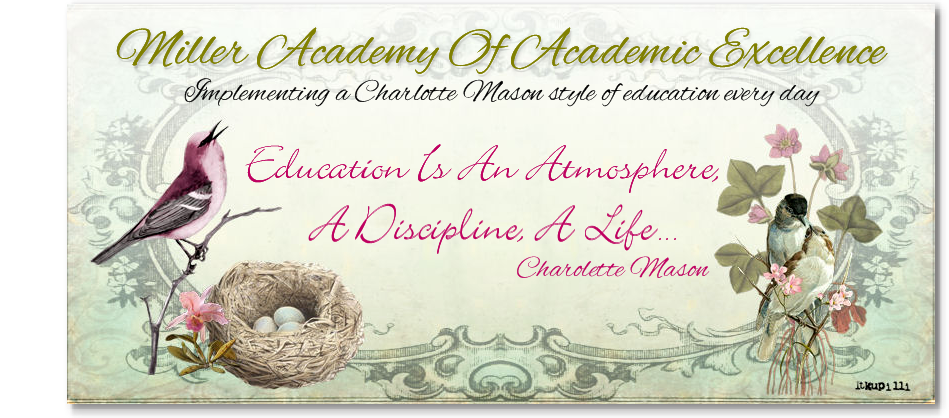When we listened to Igor Stravinsky’s ballet, Firebird, and he listened to the story, I saw my son’s imagination take flight as he played out parts of the story and then he created a new story.
Dull textbooks, busy work, or worksheets have no part in my child’s education. Instead he is presented with a wide variety of living books with vital ideas written by authors who are passionate about their subjects. His science book is Fabre’s Storybook of Science. This week’s readings sparked an intense interest in pearls and the ocean. He was fascinated by mollusks, the slimy creature in its shell that would form a protective crystalline coating, nacre, around an irritant and the pearl divers that risked their lives in the days of old, to get them. We watched a video I found on YouTube about the unique and rare Sea of Cortez pearls and were mesmerized by the beautiful array of colors in pink, blue, purple, green, silver and black. I pulled out my big bag of shells and we looked at the different shades of mother of pearl and sorted them by their attributes. It created a desire in him to see the ocean and feel the sand under his feet as he searches out shells. Yes, there will be a trip to the shore in the near future.
Then nature study happened quite by surprise, while walking home from the neighbor’s house, he found a toad and captured it. What a joy to observe his desire to care for the toad properly so that he may observe it. He got out his book, Pets in a Jar, by Seymour Simon to learn about what it ate and how to care for it. We found his toad on the internet and learned his Latin and common name. Each day he searched out morsels for his toad, Robert, to eat such as worms and even a baby gecko. I did cringe a bit at the gecko, but Robert ate it. Everything was meticulously recorded in his nature notebook, first by carefully painting a picture, working to match the color properly with watercolor paints. Then, he recorded everything that happened, being sure to include the Latin name, Bufo speciousus, and common name, Texas Toad as well. I was there to watch his pleasure and satisfaction in a job well done.
While reading in his history books, This Country of Ours by H.E. Marshall, George Washington’s World by Genevieve Foster, and Abigail Adams: Witness to a Revolution by Natalie Bober, I witnessed his growing understanding of the cost of war in lives, property, and civilization. He is learning that our freedom was bought with a high price and what happens on our shores or in foreign lands, has a global impact. He is coming to know that what happened in the past affects the present.
Through his citizenship book, Plutarch’s Lives, he can see that the character of a man can have an impact on others for good and evil. Through our grand conversations I see how he is taking in these ideas and it is growing his character. We have the opportunity live out our faith by applying what we are reading in the Bible to our lives all day, every day.
We study artists, geography, Latin, grammar, foreign language; we read poetry from the best poets, literature with rich vocabulary and has stood the test of time, Shakespeare, and sing songs. Every day I see him drink from the feast of knowledge that I present to him and it has created an even greater hunger to know. I am a witness to how the ideas presented by the best artists, authors, creation, and Creator are shaping his character and equipping him to think for himself, to take in what he needs or what is right and reject the rest. It is truly a privilege and an honor that I wish every parent could have.


